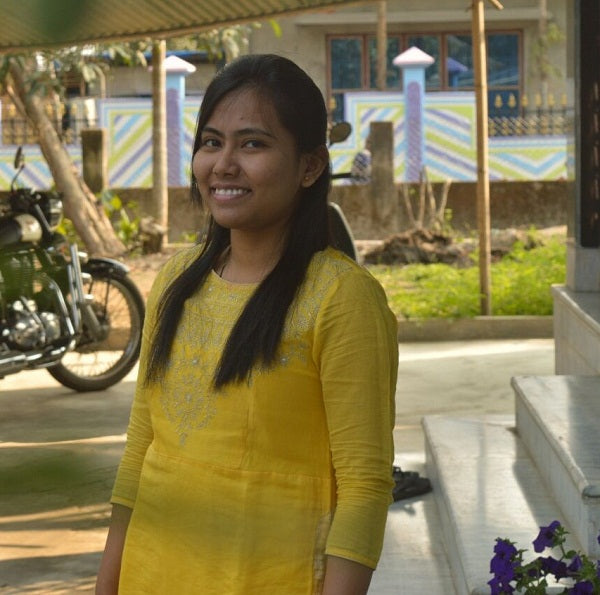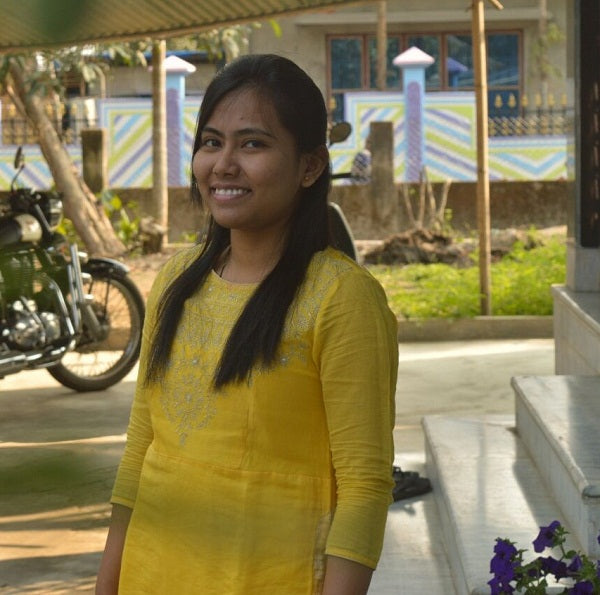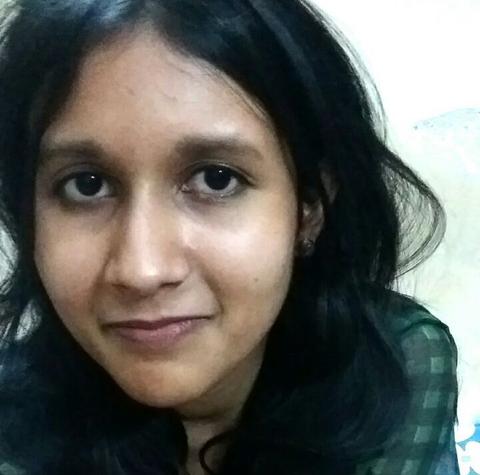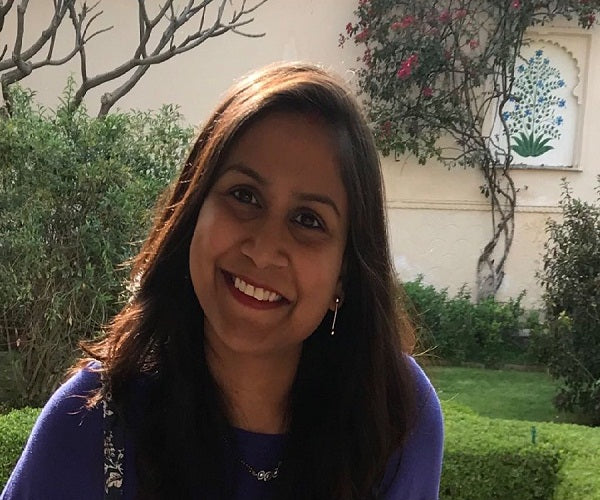When I was in Class XI, my roommate and I once had to go and meet someone on behalf of our landlady. She told this person that he would recognize us because one of us was fair (my roommate) and the other was short and dark (me). I was mortified and furious. There are plenty of ways in which she could have differentiated between us without referring to our physical characteristics.
Another time, I went with my roommate to a beauty parlor to get a facial done. Please note that this wasn’t a local parlor; it was actually a brand name chain parlor. One does tend to expect higher levels of service there. This is what I was told by one of the beauticians there: “There is no point in you getting a facial done. You’re too dark and it won’t improve your complexion. Your friend should get it done; it’ll help her.” I turned around and told her that if they didn’t do facials for dark-skinned people, they should put up a sign stating it. Then I left.
This culture of fairness is so insidious that even children aren’t spared. When I was a child, I was often told by people, “Who will love you? Your parents won’t because you have darker skin and your siblings are fair.” It may have been meant as a joke, but what they don’t understand is that these kinds of statements can have lasting effects. They can play havoc with a child’s self-confidence and sense of security.
I’ve learned to disregard these statements over time. It wasn’t easy and, at first, I was as obsessed with fairness creams as everyone else. But slowly I came to realize that who I am matters much more than what my skin color is.
Fortunately, I see that my generation has largely given up this notion. Even though media companies are pushing fairness products at us, many of us don’t care and don’t pay attention to that kind of mindset. Even models these days are duskier. The change in attitude is slowly becoming more apparent. This is what the Indian woman looks like; real and dark.
- Dimpy













2 comments
1
1